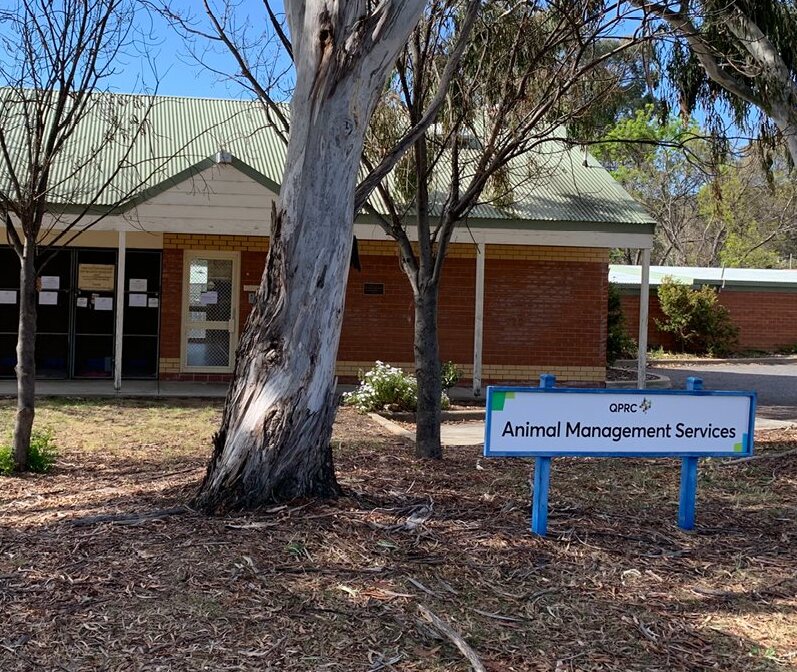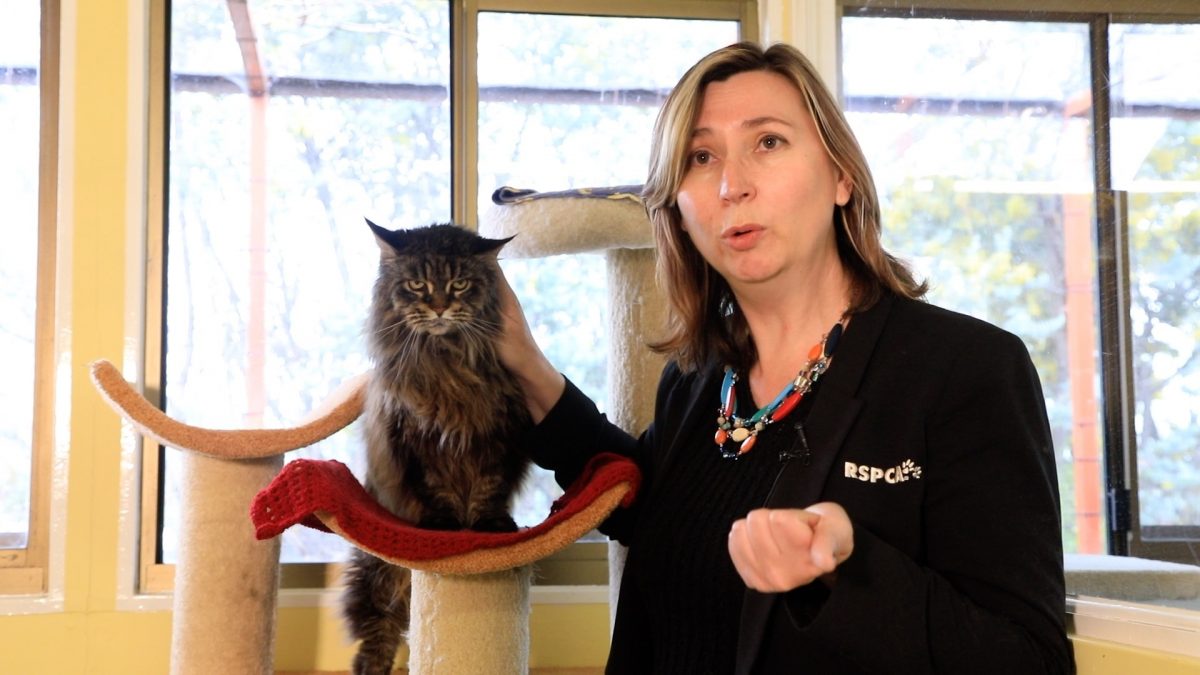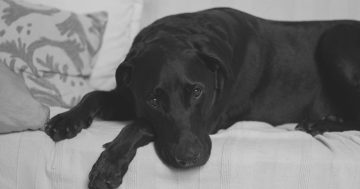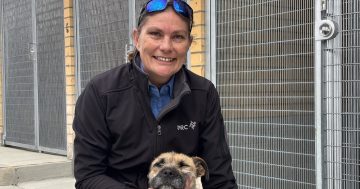
The Queanbeyan Animal Management Facility will be closed until early 2025. Photo: Queanbeyan-Palerang Regional Council Facebook.
CONTENT WARNING: This article contains information that may upset some readers.
Queanbeyan-Palerang Regional Council has admitted its pound did not have appropriate disease control procedures and will remain closed until next year after all its dogs were euthanised due to a virus outbreak.
A case of canine parvovirus was found in a dog surrendered to the Queanbeyan Animal Management Facility, which led to an outbreak of the highly contagious virus at the facility, its closure and all of its 21 dogs recently being euthanised.
When contacted by Region on Thursday (24 October), a council spokesperson did not directly answer when asked if there had been a quarantine facility at the pound before the outbreak.
“This incident has highlighted that the facility is old, outdated and did not have the appropriate disease control procedures,” the spokesperson said.
“We are closing for an extended period to conduct a review of the incident, implement changes to processes and redesign the layout of the facility to provide isolation pens.”
Council expects to reopen the pound in early 2025, after changes are made to the facility.

Lawyers for Companion Animals’ Anne Greenaway said she wanted to help set up an advisory committee. Photo: Lawyers for Companion Animals website.
The principal solicitor at Lawyers for Companion Animals, Anne Greenaway, told Region she had contacted the shire’s councillors in 2017 about setting up a companion animal advisory committee but was generally met with disinterest.
She thought such a committee could have helped avoid a parvovirus outbreak at the pound as it would have provided recommendations to council on issues at the pound as well as other matters, like rehoming, training, dog barking, off-leash parks and more.
“In recent times, I haven’t heard of a pound killing all their dogs due to parvo,” Ms Greenaway said.
“It’s not a new disease. They should have quarantine and isolation processes in place.”
The council spokesperson said council was not considering creating a companion animal advisory committee and the issues relating to the management of the pound were operational.

RSPCA ACT CEO Michelle Robertson urged pet owners to ensure their animals are vaccinated. Photo: Michelle Kroll.
RSPCA ACT CEO Michelle Robertson told Region that while she couldn’t provide the specific numbers, “it is not an unusual occurrence for a dog with parvo to be brought to us”.
“Parvo has been around in our community for many, many years,” she said.
Ms Robertson said that if a dog arrives at the RSPCA with parvovirus, her team triages the animal outside the shelter without it entering the facility, and it’s treated in isolation.
The RSPCA has veterinary staff on site, which makes it easier for them to deal with the animals. Also, all animals are vaccinated on intake.
“Parvo is treatable, but it can be really expensive and it’s a very invasive and long process,” Ms Robertson said.
“We can’t take in an owned dog and treat it for parvo, but we can refer it to a vet clinic.”
She said it is a “terrible, terrible virus”, and the RSPCA had provided a euthanasia service for infected dogs in the past.
The repeated advice from professionals is to ensure your dog is vaccinated.
“It’s completely preventable. You have something that you can do to stop your dog from getting parvovirus,” Ms Robertson said.
Region also asked Queanbeyan council what would happen with stray dogs and declared dangerous dogs that have escaped from their containment while the pound is closed.
“Council rangers are still attending dangerous dog incidents and scanning microchips to find owners and return any stray dogs to their home,” the council spokesperson said.
“We are working with our local vets and dog rehoming facilities across the border in the ACT and in surrounding NSW councils who are helping us manage lost or surrendered dogs while the facility in Queanbeyan is closed.”
Ms Robertson said her team had a lot of empathy for the staff at Queanbeyan pound.
“Our hearts are really going out to the staff there and we are thinking of them as it is a really tough situation,” she said.
To learn more about parvovirus, visit the RSPCA.
Original Article published by Albert McKnight on Riotact.









